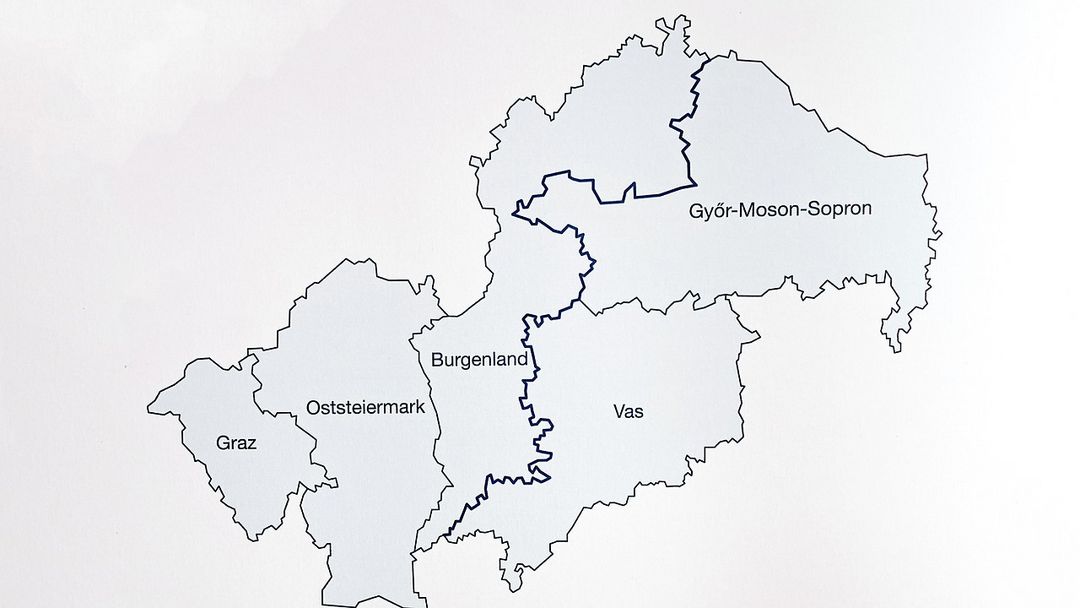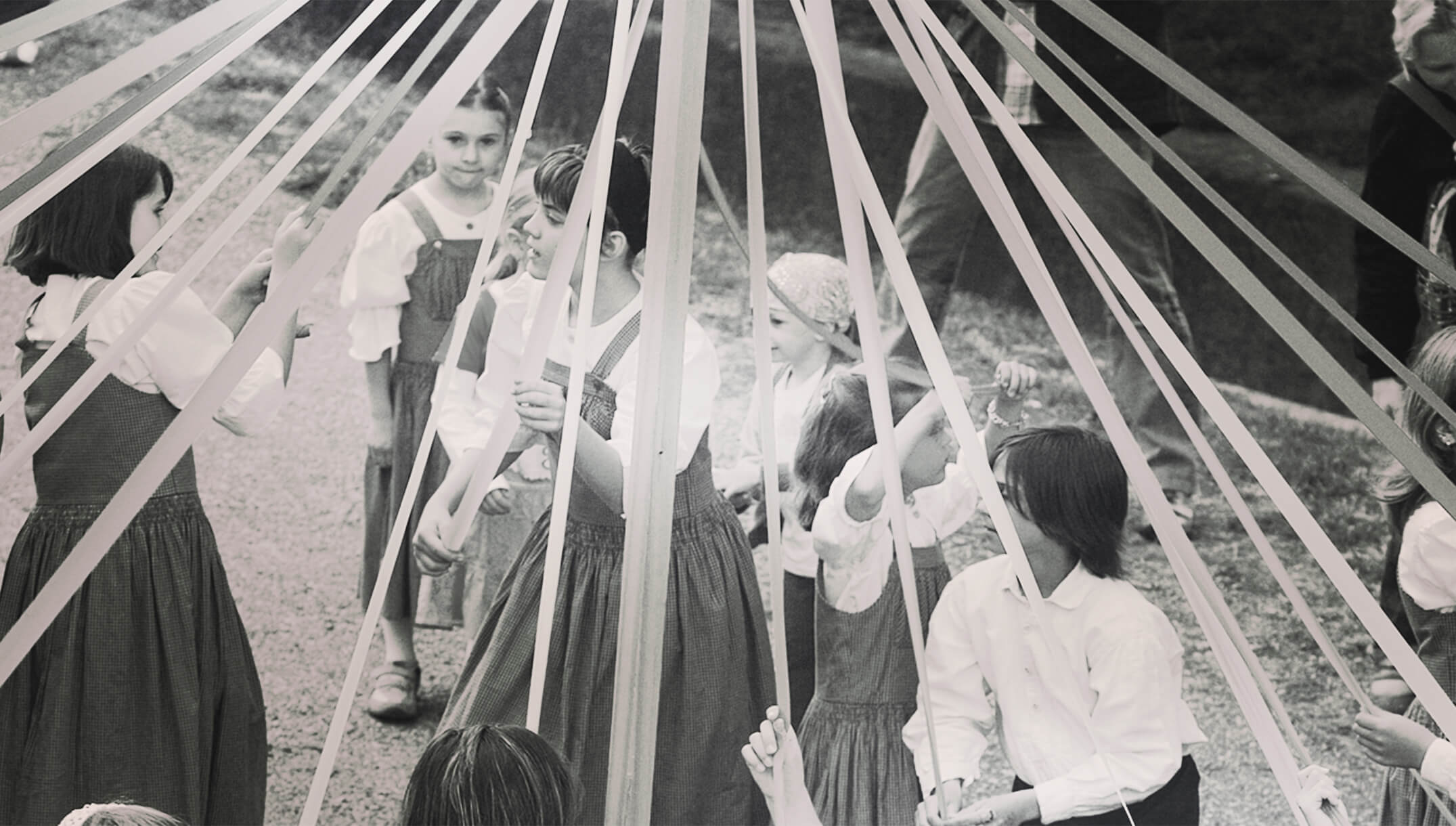Project content
The border region AT-HU has two major challenges:
- At the individual level, many older people and their relatives feel overwhelmed with age-related challenges in everyday life.
- At the system level, due to the scarcity of resources and supply, efficient control and further development of the range of services in line with demand is necessary.
Experience shows that the quantity of professional services for older people is insufficient and that management must be carried out primarily at regional level.
In cooperation with different organizations, an existing voluntary network will be further developed. The networking of the regions should create synergies that go beyond the simple exchange of experience and coincide with the integrative and intelligent spatial development of the EU.
Another approach in the project is to build and organize a caring community based on the bottom-up principle. In general, local / central administrators are expected to come up with new solutions to overcome these difficulties. Our goal is to change these circumstances and to create a sustainable network in which the population, as well as civil and professional associations are involved and which reflects the needs of the aging population in a cross-border dimension.
We will set up caring communities in three stages:
- Raising awareness and developing strategies that meet the needs of the population, civil and professional organizations and government policy.
- Training of trust persons for networking and establishing cross-border community cooperation, promoting volunteering.
- Mobilizing the population, developing caring communities, training trust persons for volunteering and coordinating volunteer work.
Our goal is to promote voluntary and operable networks, where the members themselves remain interested in the results of the project and their maintenance through their active participation. There are numerous reasons to ensure that the project results will have a lasting impact beyond the project duration.
- On the one hand, all institutions involved in the project are already involved in volunteer work and volunteering and are also partly responsible for coordinating volunteers in individual regions, so they are interested in integrating the results, experiences and findings of this project into their own institutions in order to positively influence their work in the future.
- On the other hand, during the project implementation, cross-border regional cooperation structures are established or intensified between the institutions involved in volunteering, which will be intensively involved in the development of new models.
All relevant actors in the project region are involved in the development of caring communities and volunteer work or the volunteer model during the project period (1.11.2019-31.10.2022) (multiplier effect).
As the need for volunteering to support older people is growing, generating new health and social policy in both countries, is of great interest in this pilot project, as the results provide a good basis for effective and comprehensive local cooperation.
The trained trust persons will be a kind of “ambassador” for the project, who are well aware of the local population and their problems and have, if possible, suggestions for local solutions.
This is the only way to ensure long-term use and effective dissemination of the results at local and regional level (spider web-like structure)
Project Area
The project area extends over the area of the Austrian-Hungarian border and comprises the following regions: Südburgenland, Graz und Oststeiermark, Győr-Moson-Sopron, Vas megye.



